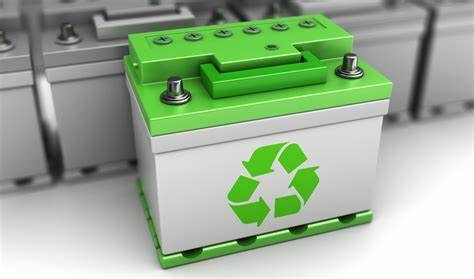Lead-acid batteries are commonly used in various applications due to their reliability and cost-effectiveness.
- Automotive Vehicles: Lead-acid batteries are widely used in cars, motorcycles, trucks, and other vehicles to provide electrical power for starting the engine and powering accessories.
- Uninterruptible Power Supply (UPS): Lead-acid batteries are often employed in UPS systems to provide backup power during electrical outages, ensuring a continuous power supply for critical devices and systems.
- Electric Forklifts: Lead-acid batteries are used to power electric forklifts and other industrial vehicles due to their ability to provide high current bursts.
- Solar Power Systems: Lead-acid batteries are used in off-grid and grid-tied solar power systems to store energy generated by solar panels for later use.
- Boats and Marine Applications: Lead-acid batteries are commonly used in boats and other marine vehicles to power navigation equipment, lights, and other electrical systems.
- Recreational Vehicles (RVs): Lead-acid batteries are used in RVs to store and provide electrical power for various appliances and systems.
- Emergency Lighting: Lead-acid batteries are employed in emergency lighting systems to ensure that lights remain operational during power outages.
- Electric Wheelchairs and Scooters: Lead-acid batteries are used to power electric wheelchairs and scooters due to their ability to provide the necessary power for mobility.
While lead-acid batteries have widespread use, it’s important to note that advancements in battery technology, such as lithium-ion batteries, are gaining popularity in certain applications due to their higher energy density and longer cycle life. The choice between lead-acid and other types of batteries depends on the specific requirements and constraints of the application.


